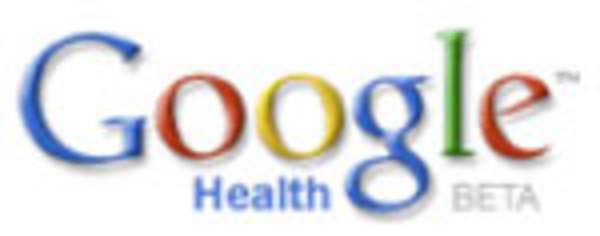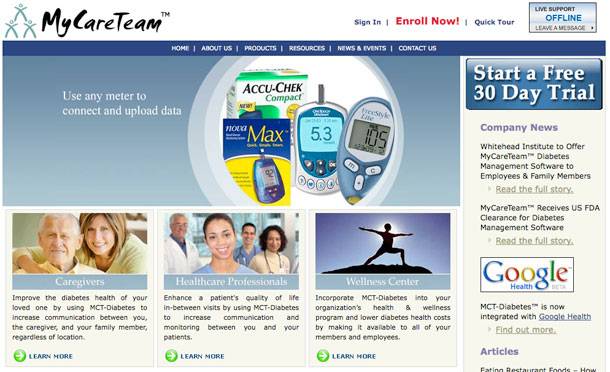Leading health blogger Amy Tenderich has just posted an illuminating interview with Missy Krasner, Product Marketing Manager for Google Health. When Google Health was launched to the public in May, we at ReadWriteWeb gave it a tepid review. We concluded that Google Health was not much more than a glorified health search engine / portal. For example, there is little in the way of integration with health professionals – users need to import their own data into the service. We also raised questions about users comfort level in putting such personal data online. Tenderich’s interview teases out some responses to those concerns.

Missy Krasner said that Google’s intention was to create “a repository or a platform for users to store their medical records online.” They’ve made APIs publicly available for developers “to come forward and develop services on.” Essentially then, if it’s sophisticated online health apps you’re after, it’s up to third parties to provide them.
Integrate Your Stuff Here
Krasner cited MyCareTeam, a third party diabetes management application which she says is using Google Health to “to integrate their stuff into our repository for health records.”

According to the press release in May about this integration, the MyCareTeam product allows users to transfer their glucose readings, lab values, medication, and other information from their software into their Google Health accounts. It is mostly a manual process, however Krasner pointed out that users can upload their data “automatically using LifeScan OneTouch meters”. She admitted though that Google is “still in the very early stages, so these services are still growing and developing.”
Online Health Constraints
The issue with moving health records online though is that there is a lot of rules and regulations to contend with. However Tenderich asked Krasner why Google isn’t doing more, for example by offering a secure messaging system to allow patients to discuss their health issues with their doctors. Krasner’s reply shows how this is too much of a red tape jungle for even the mighty Google to overcome:
“This goes back to the health records platform model. We’re not in the business of offering secure messaging back and forth with doctors. What we’re doing is giving people options to use great services that do offer that functionality.
For example, we integrate with web sites from the big retail pharmacy chains and provider sites like CVS, Walgreens and Quest Diagnostics labs. You can’t order refills directly through Google Health, but you can import your prescription history, and you can send data back to the pharmacies via their sites.”
So users have to leave the Google Health site when they need to make a medical transaction or even communicate securely with health professionals.
Business Model? Pffft, Search!
Luckily, Google Health’s business model isn’t reliant on any sophisticated online health technology. What is the business model? Why, sending Google Health users to Google’s search property of course!
Kraser admitted that “there is no direct monetization model for Google Health”, rather their model “is simply that when people sign up, it tends to encourage users to do more searches on Google.com. That’s where we make our money. Every page of Google Health has [a] search box on the side. If you click on it, it takes you out to Google.com.”
But “none of your health data goes with [it]”, she assured.
So it’s slow progress in the online health world, if Google Health is anything to go by. The good news though is that it allows smaller more health-focused startups, like MyCareTeam, to create innovative applications and hook them into Google Health, Microsoft Healthvault, and other bigco initiatives – using APIs and the platforms the big companies are able to offer.
Click here for a good cause: Ask Google for a World Diabetes Day Doodle










